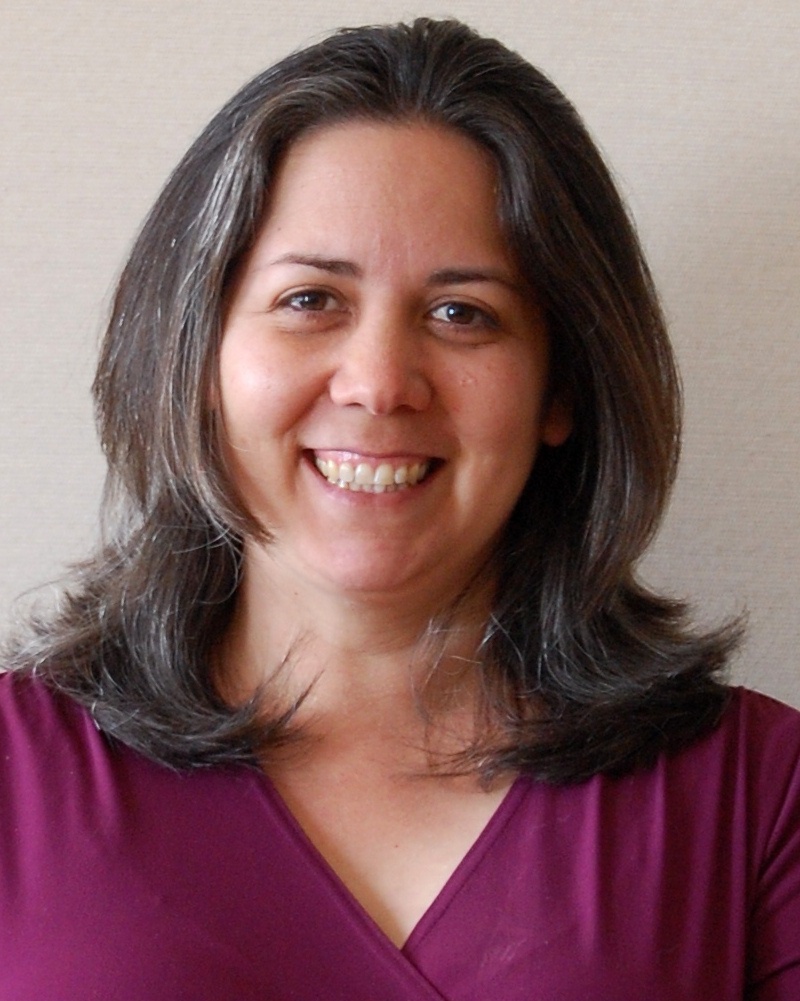The All for Them campaign has been successfully promoting HPV vaccine normalization at Houston middle schools.

By Ivy Ashe
Population Health Scholar
University of Texas System
PhD Student in Journalism
UT Austin Moody College of Communication
You wouldn’t give your child half a pair of shoes. Half a backpack is no use. Half an umbrella won’t stop the rain. Yet parents are too often letting their kids grow up with only some of the vaccines they need to keep them healthy. The vaccination rates for human papillomavirus (HPV), in particular, lag far behind those of other standard vaccines.

These are the central concepts behind All for Them, a project run by researchers at UTHealth in Houston focused on increasing HPV vaccination rates among middle schoolers who are ethnic minorities in medically underserved areas (MUAs). Funded by the Cancer Prevention & Research Institute of Texas (CPRIT), All for Them is nearing the end of year two in a three-year grant cycle

Dr. Paula Cuccaro, project principal investigator and assistant professor of Health Promotion and Behavioral Sciences at UTHealth
“We wanted to bring this to the schools,” said Dr. Paula Cuccaro, project principal investigator and assistant professor of Health Promotion and Behavioral Sciences at UTHealth. It’s more common for HPV educational efforts to focus on medical providers, since literature indicates 95% of parents will opt for vaccination if they receive a strong provider recommendation.
Human papillomavirus infects about 79 million people each year and causes multiple types of cancer, most commonly throat and neck and cervical cancers. It is preventable through a vaccine series that has been available since 2006. Unlike other vaccines, such as the one for MMR (measles, mumps, rubella), HPV vaccination is not required for school attendance. In Texas, rates of completion for teens age 13-17 are substantially lower than rates for other vaccines like MMR, Tdap and Meningococcal. Texas rates are also lower than the national average for HPV vaccination.

The All for Them program has three primary components. There is a parent-focused social marketing campaign that aims not only to encourage and remind parents to complete the HPV vaccine schedule once it has been started, but also to normalize HPV vaccination as a part of routine health care. There are comprehensive vaccination clinics, in the schools, that offer not just the HPV vaccine but other age-appropriate vaccines. And there is education provided to school nurses to increase their knowledge and positive attitudes about the HPV vaccine, and to empower them to communicate effectively with parents regarding the vaccine.
“A lot of parents are confused because the vaccine requires multiple doses,” Cuccaro said. “They go in thinking that they get the first shot, and they’re done.”
Another barrier to vaccine series completion is that some parents worry about the fact that HPV is considered a sexually transmitted infection. On hearing that, they decide their child doesn’t need a vaccine. Further, medical providers themselves sometimes don’t want to talk about sex.
“We’re trying to normalize the vaccine by de-emphasizing transmission, because we don’t talk about transmission when we talk about chicken pox or pertussis. It’s not a piece of information that we normally worry about when we’re talking to providers,” Cuccaro said.

All for Them is currently in 29 Houston-area schools. Students are sent home with a consent package for vaccination at a school clinic (this includes consent for any of the 5 vaccines offered, not just HPV). Overall participation numbers have risen from year one to year two, and the team hopes to increase those more in the final grant year.
“We know that there are just some challenges with middle schoolers bringing things home,” research coordinator Efrat Gabay said.
The team has been encouraged by the response from parents.
“We seem to be reaching parents in a way that resonates with them,” Gabay said. All for Them has bilingual staff members and a dedicated phone line for answering questions. Materials are available in English and Spanish.
“Some parents who are in MUAs have to go to clinics to get the vaccines, taking time off from an hourly job where they don’t have the time to spare,” Cuccaro said. “It becomes a hardship, so we were trying to simplify the process.”
Of the students who needed the HPV vaccine and returned their consent forms, 95% received it in the first year. This year, 98% received the HPV vaccine. The next step will be getting students the full series of HPV vaccination, not just the first dose.
“It’s been a key accomplishment for us, and for the kids, because the kids are getting what they need,” Gabay said.
